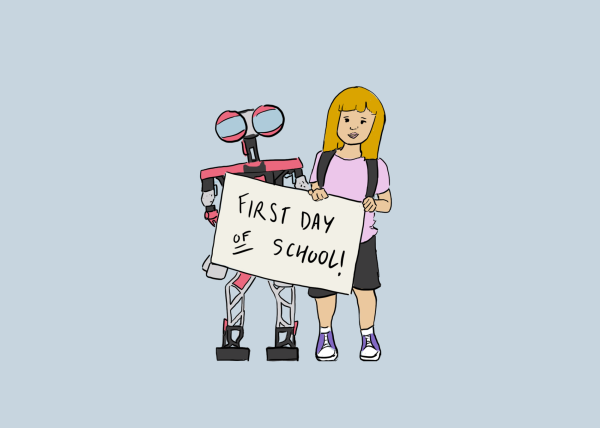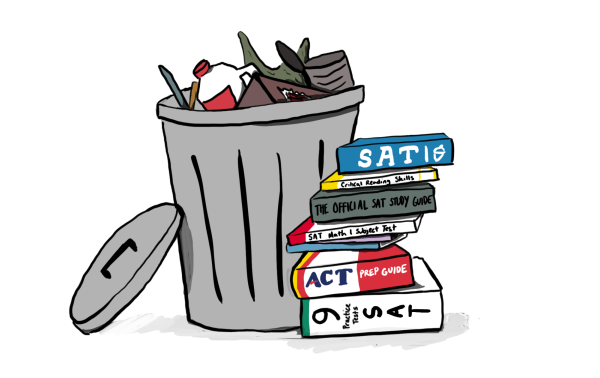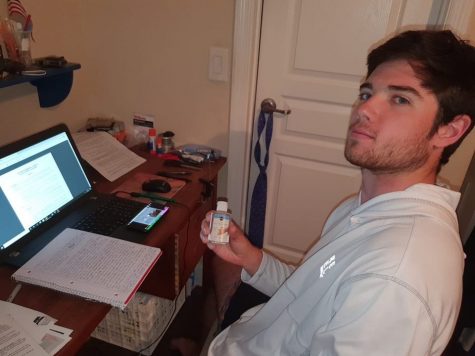Mental illness: Not just a mood
We have all heard it; you finish a test, and the first comment you hear is “I’m going to be depressed for a whole week if I don’t get a good grade on that,” or “That test was so hard it made me have a panic attack.”
As awareness of mental illness has grown, terms like ‘depression,’ ‘anxiety’ or even worse, jokes about suicide, become ordinary expressions in our day-to-day conversations. But, what most people don’t realize is the detrimental effects these phrases can have on those who are mentally ill.
While it may not be obvious, there are many teen and adults who suffer from mental illnesses. According to a poll ran by The American Psychiatric Association in 2017, millenials are considered the “most mentally ill generation,” and the number of teens who are being treated has increased steadily by 5 percent every year. It is no surprise that mental illness’ awareness has expanded over the past few decades, with more people willing to get help and wanting to talk about their problems. But, what is surprising, is the backlash that this growth has caused due to the comfortness and ignorant use of these terms.
In our effort to turn mental illnesses such as obsessive compulsive disorder, depression, attention deficit/hyperactivity disorder or even anxiety into adjectives to describe a bad week or unfortunate events in our lives, we diminish real problems. While this might not seem like a big deal, these conditions are serious, and using them as everyday phrases takes away the issue’s seriousness.
OCD is a cycle of unwanted, intrusive obsessions and distressing compulsions; not how you feel when you see your friend’s messy iPhone set up.Panic attacks are an abrupt onset of intense fear or discomfort that reaches a peak within minutes and includes pounding heart, sweating, shaking and sensations shortness of breath. Not what you have when you get an unexpected text from your crush.
Even though these terms are used impulsively, it is important to recognize the power that they can have. By continuously using mental illness as a way to describe our moods, we deteriorate the seriousness of the words and defame acute illnesses.
Society should continue to expand awareness, advocate and show support for those who suffer from it, not use their illness to appear trendy or relatable. Downplaying someone’s disorder will only lead to losing consciousness of the effect that mental illness has in someone’s life.
So, as the end of the semester approaches and we’re overwhelmed with stress, remember to think before using careless adjectives to describe your week. Instead of saying how your six exam reviews make you ‘depressed,’ say how stressed or upset you are. Make an effort and try to express yourself without having to belittle people who are mentally ill.
This is not to say that people here do not suffer from these issues. In fact, it’s quite the opposite. If you know of someone who has a persistent issue, it is essential to ensure they get the help that is needed.
Your donation will support the student journalists of Hagerty High School. Your contribution helps us publish six issues of the BluePrint and cover our annual website hosting costs. Thank you so much!




